Description
Amaranth flour is made from the grains of the amaranth plant (Amaranthus spp.). It’s a nutritious and versatile ingredient, rich in protein, fiber, and minerals.
Speciality:
Amaranth flour is known for its:
- High protein content: Makes it an excellent option for vegetarians and vegans.
- Gluten-free: Suitable for those with gluten intolerance or celiac disease.
Health Benefits:
- Rich in Fiber: Supports digestive health and satiety.
- High in Protein: Helps build and repair muscles.
- Antioxidant Properties: Protects against oxidative stress.
- Supports Heart Health: May reduce cardiovascular disease risk.
- May Help Manage Blood Sugar: Has a relatively low glycemic index.
Uses:
- Baking: Use amaranth flour to make bread, cakes, and other baked goods.
- Cooking: Add amaranth flour to soups, stews, and curries for added nutrition.
Recipe:
Amaranth Pancakes
Ingredients:
- 1 cup amaranth flour
- 1/2 cup milk
- 1 egg
- 1/4 teaspoon salt
- 1 tablespoon honey or sugar
- Butter or oil for greasing
Instructions:
- Mix amaranth flour, milk, egg, salt, and honey/sugar in a bowl.
- Cook on a non-stick pan like regular pancakes.
Minerals and Vitamins:
- Calcium
- Iron
- Potassium
- Magnesium
- Phosphorus
- Vitamin B1 (Thiamin)
- Vitamin B2 (Riboflavin)
- Vitamin B3 (Niacin)
Glycemic Index (GI): Amaranth has a relatively low GI, which can help regulate blood sugar levels.
GMO: Amaranth is typically non-GMO.
Gluten: Amaranth flour is gluten-free.


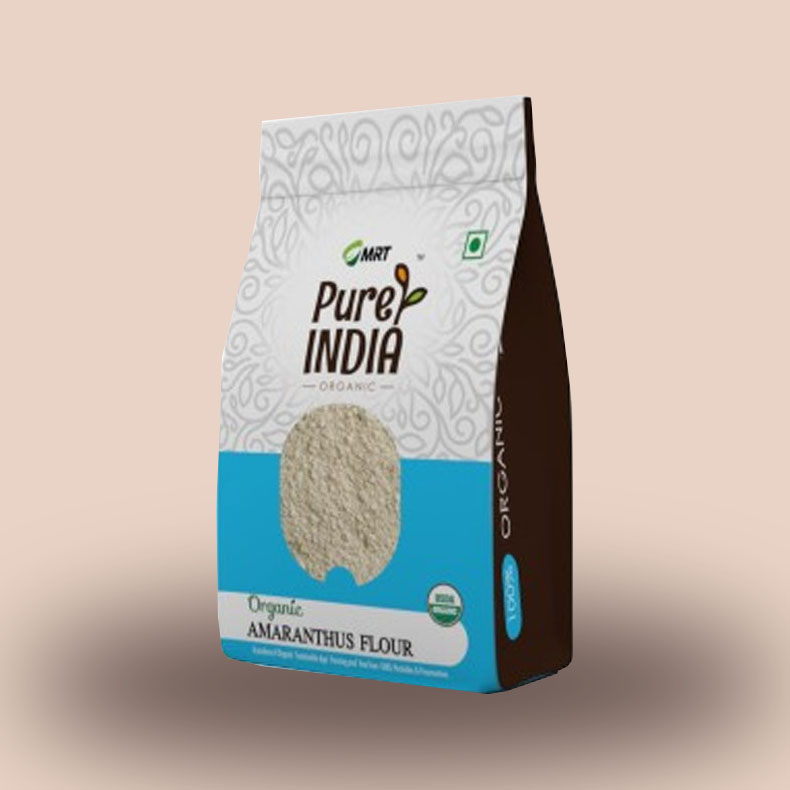
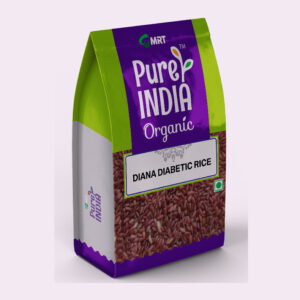

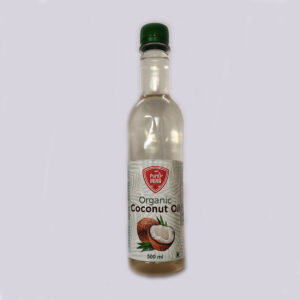
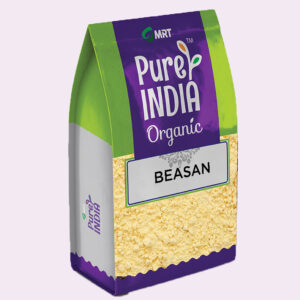
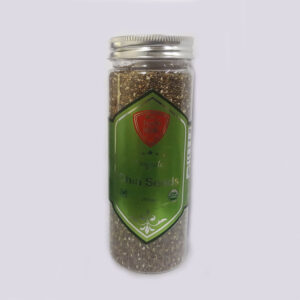
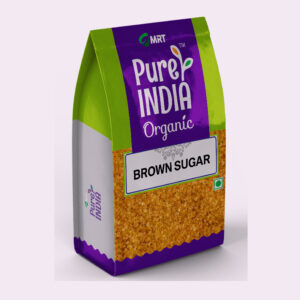

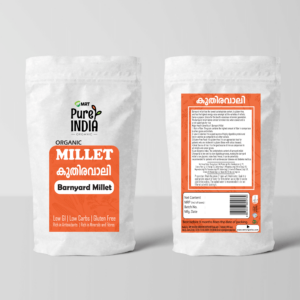
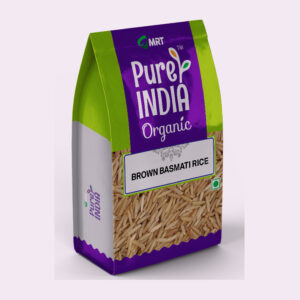
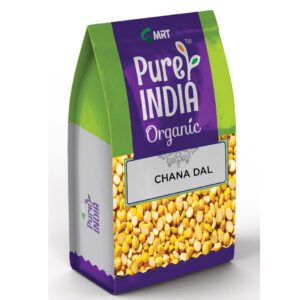

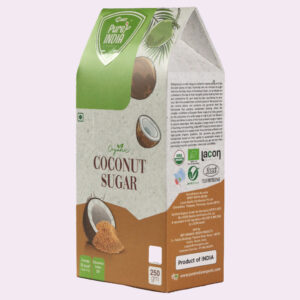
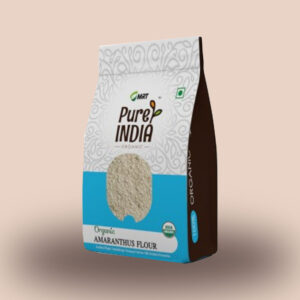






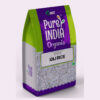
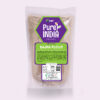
Reviews
There are no reviews yet.